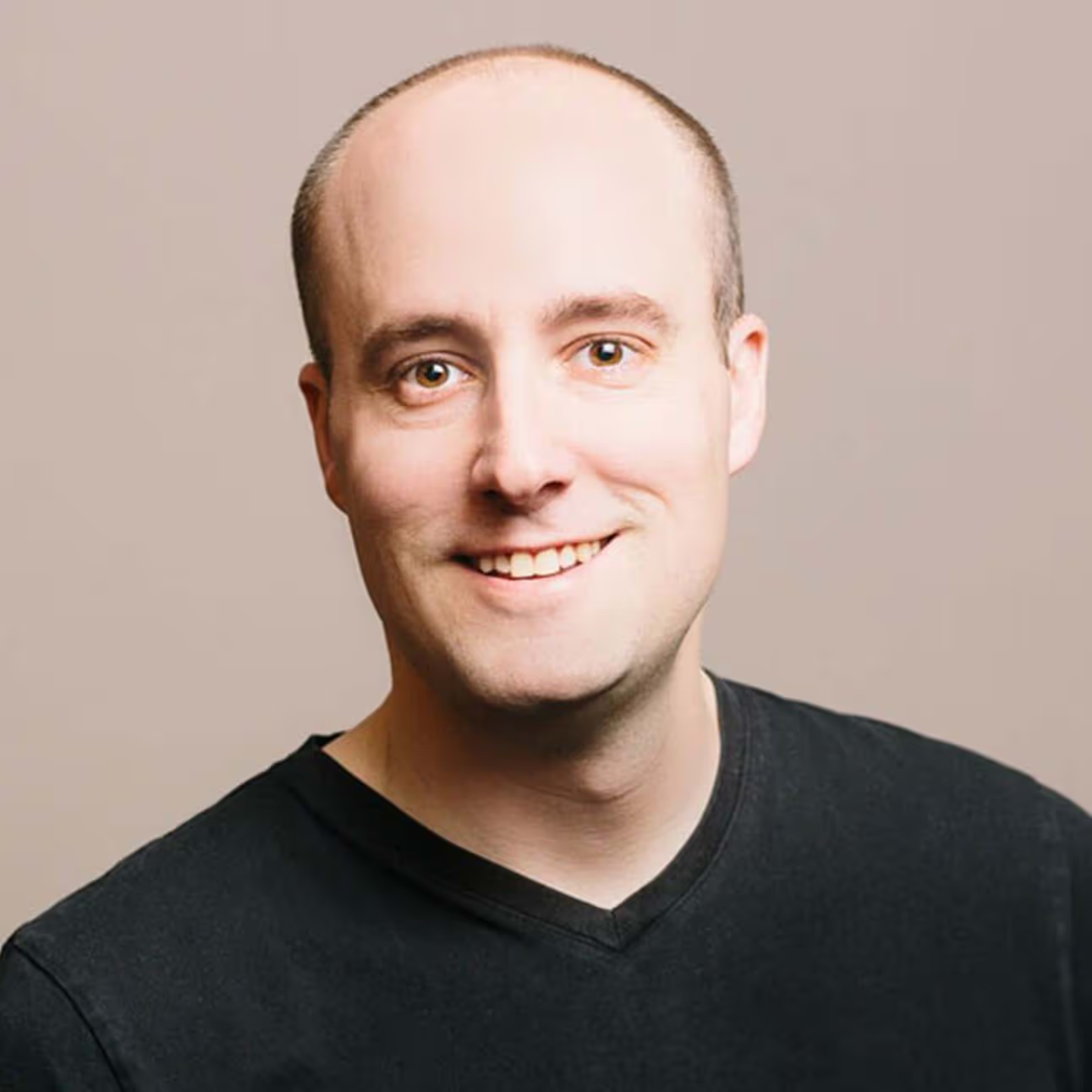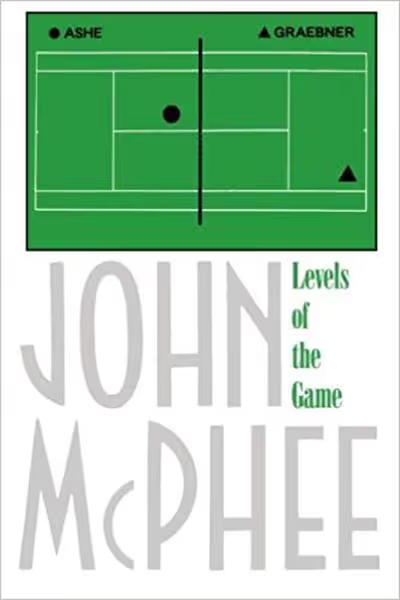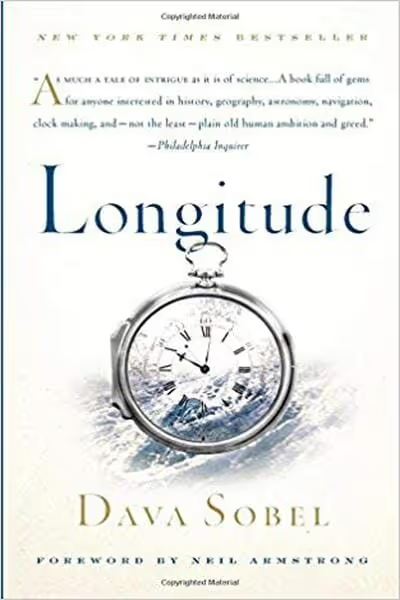Antifragile
From the bestselling author of The Black Swan and one of the foremost philosophers of our time, Nassim Nicholas Taleb, a book on how some systems actually benefit from disorder.
In The Black Swan Taleb outlined a problem; in Antifragile he offers a definitive solution: how to gain from disorder and chaos while being protected from fragilities and adverse events. For what he calls the "antifragile" is one step beyond robust, as it benefits from adversity, uncertainty and stressors, just as human bones get stronger when subjected to stress and tension.
Taleb stands uncertainty on its head, making it desirable, and proposing that things be built in an antifragile manner. Extremely ambitious and multidisciplinary, Antifragile provides a blueprint for how to behave-and thrive-in a world we don't understand and which is too uncertain for us to even try to understand. He who is not antifragile will perish. Why is the city state better than the nation state, why is debt bad for you, and why is almost everything modern bound to fail? The book covers innovation, health, biology, medicine, life decisions, politics, foreign policy, urban planning, war, personal finance, and economic systems. Throughout, the voice and recipes of the ancient wisdom from Phoenician, Roman, Greek, and Medieval sources are heard loud and clear.
Most people would agree that durability, or resistance to damage, is the antithesis of fragility. But there's a level above durability that we may term antifragile. The fabled Hydra, which grows two heads when one is severed, is an example of an antifragile object that actually gets stronger when it is damaged.
In his book, Nassim Nicholas Taleb analyses how we may use antifragility to harness the uncertainty of the outside world to our advantage. He gives examples of both fragile and antifragile systems from the past to the present, in domains as diverse as politics, economics, and the human body. The conclusion is unambiguous: If we want to survive, antifragility is essential.
The psychologist Gerd Gigerenzer has a simple heuristic. Never ask the doctor what you should do. Ask him what he would do if he were in your place. You would be surprised at the difference.















































































